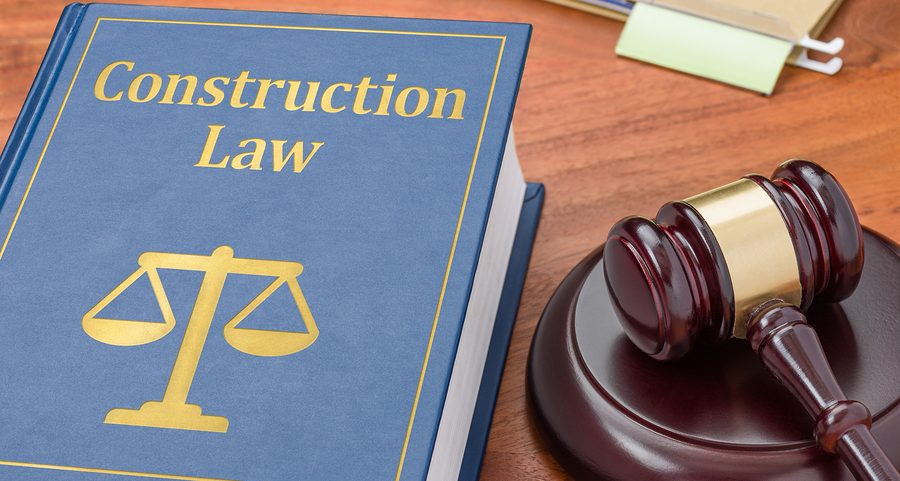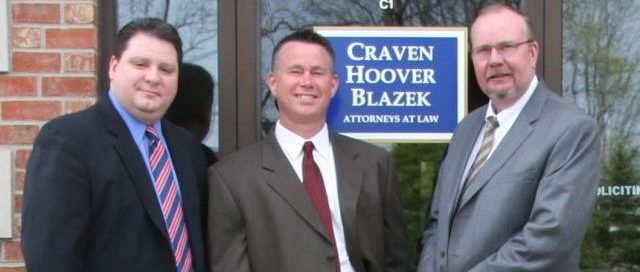Here in Indiana, all entities and persons are legally required to construct and maintain their properties at a certain level of safety. This means that any place that welcomes the general public, such as office buildings, grocery stores, movie theaters, hotels, public parks, and malls, must take the proper actions, inactions, and precautions to ensure there are not any dangerous conditions on their premises. This legal principle is known as premise liability, and it is what you will want to learn more about in the case that you or someone you love is injured as a result of a municipal code violation.
Code violations are serious, as you have probably heard stories about accidents that happen when something is not “up to code” or within legal standards. One type of accident that tends to occur more often as a result of code violations are slip, trip, and fall accidents. Continue reading to review some of the most common slip and fall code violations seen in personal injury cases, as well as, what to do if you’ve been injured as a result of inadequate building codes in Indianapolis.

Indiana Building Code Violations
⚖ Here in Indiana, you can peruse a comprehensive list of building codes by downloading the Indiana Amendments of IBC 13 document.
Common Slip and Fall Code Violations
There are several types of code violations; thousands in fact. But when it comes to slip, trip, and fall accidents, some of the most common violations behind them include:
✒ Missing or broken hand rails on stairs and slopes;
✒ Crumbled, warped, or rotted stairs;
✒ Unleveled curbs;
✒ Insufficient lighting (stairs, sidewalks, streets, etc.);
✒ No security for slick surfaces (slip-resistant mats, wet floors signs, etc.);
✒ Broken or missing downspouts that cause pooled water or ice patches;
✒ Insufficient or incorrect maintenance of elevators and escalators;
✒ Unmarked construction zones;
✒ Unmanaged ice and snow accumulations;
✒ Torn or ripped carpeting;
✒ Grease or chemical spills;
Premise Liability
A premise liability, slip and fall case will depend on several factors. But one of the most influential will be whether or not the property owner knew or should have known about the hazard that caused the accident, and whether or not the hazard was something that should have been reasonably foreseen to cause injury to a person.
For example, a landlord for an apartment building is informed that the lighting in the stairwell has gone out. The landlord fails to replace the light bulbs within a reasonable amount of time, and as a result, an elderly tenant trips and falls down them on their way to their apartment unit, and suffers serious injuries. In this case, the landlord would likely be held responsible for all damages and losses resulting from the tenant’s accident and subsequent injuries. This includes hospital bills, medical expenses, lost wages, pain and suffering, and more.
How to Get Legal Help For Your Slip and Fall Claim
If you or someone you loved was recently injured in a slip and fall accident, contact the Law Office of Craven, Hoover, and Blazek P.C. at 317-881-2700 before the Indiana statute of limitations runs out for your claim. Our Indianapolis slip and fall lawyers work hard to recover full and fair compensation for all injury victims. Contact us today to schedule a free initial consultation with a licensed and experienced premise liability attorney who can help you recover financially from a slip and fall accident.

